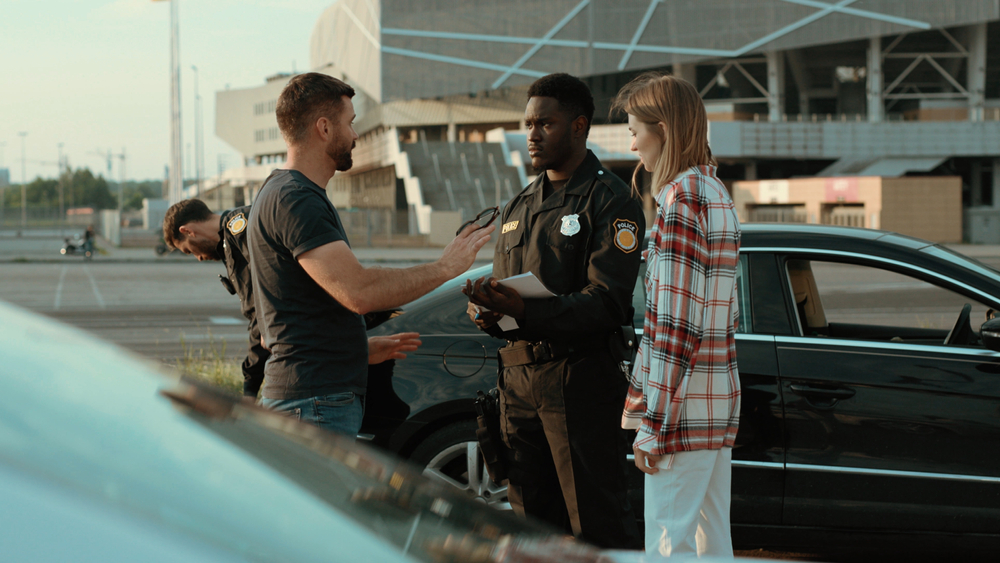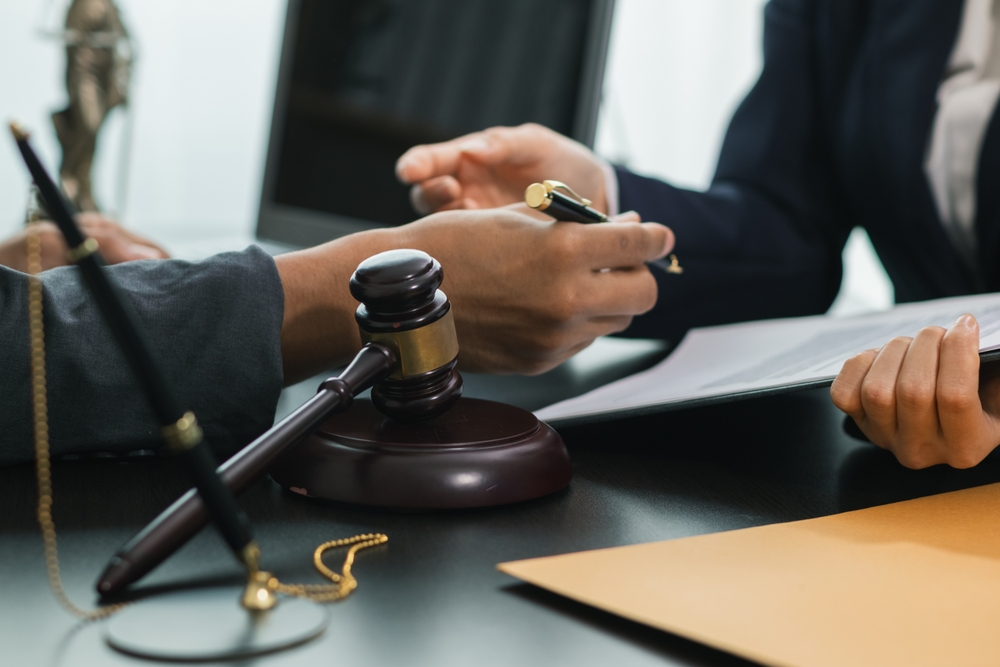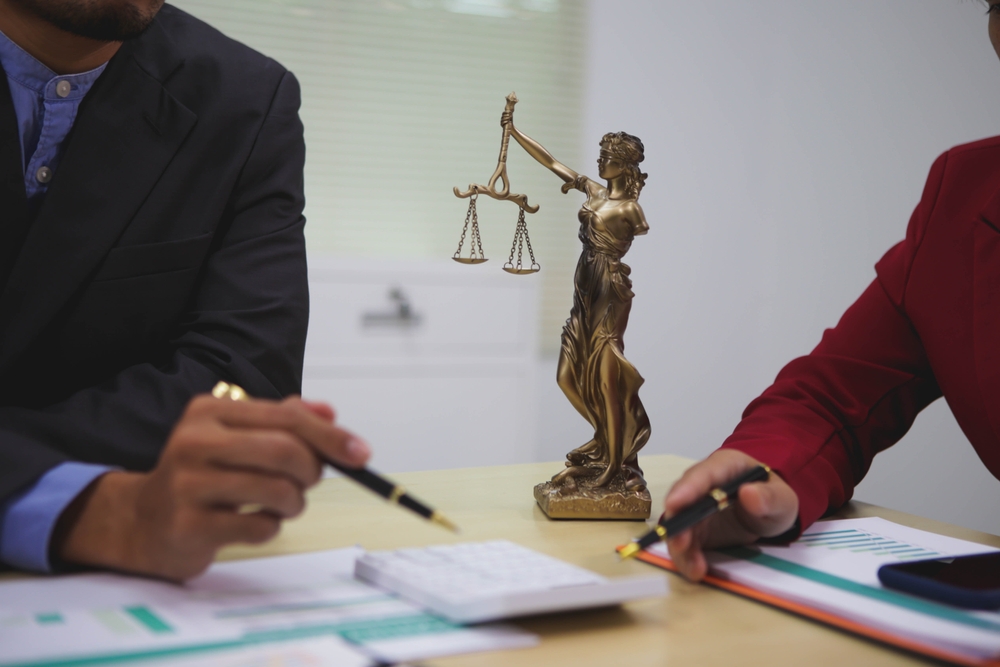If you are involved in an accident, contacting the police is critical. While it may seem like a piece of paper, the exchange of information form, generated at the scene, as well as the official police report that is usually written later, can serve as powerful pieces of information for your personal injury claim. In Maryland, where fault and negligence laws directly impact your ability to receive compensation, understanding the role of police reports in personal injury cases is critical to protecting your rights.
What Are Police Reports?
A police report is an official document that is written by the law enforcement officers who responded to your accident. Your police report will typically include details like:
- Names and contact information of involved parties and witnesses
- Date, time, and location of the incident
- Officer observations and their initial assessment of fault
- Statements from drivers, passengers, and witnesses
- Direction of travel of the parties involved
- Diagrams or photos of the scene
- Information about traffic citations or arrests made at the scene
These details can make it easier for you and your attorney to establish the facts of the case. They are also commonly used by insurance adjusters and judges when determining liability and damages.
Why Are Police Reports Important in Personal Injury Cases?
The importance of police reports in personal injury cases cannot be overstated. These reports provide you with an unbiased third-party account of the incident, which can carry significant weight when liability is disputed. Police reports can also play a key role in settlement negotiations with insurance companies. What are some of the other reasons why they are so critical?
Establishing the Facts of the Case
In the aftermath of a crash or injury, your memory can fade, and witnesses’ stories can change. A police report captures key facts while they’re still fresh and provides you with a time-stamped narrative that can be referred to later.
Support Your Liability Claims
One of the most significant roles of police reports in personal injury cases is helping to show who was at fault. While officers are not able to decide civil liability, their observations from the scene, like signs of intoxication or admissions of guilt, can support your claim. If the report indicates that the other party was cited or acted negligently, this can strengthen your case.
Identify Witnesses
Police reports often list witnesses and their contact information. Witness testimony can be critical in cases where the other party does not agree with your account of what happened. Your attorney can follow up with the witnesses listed in the police report for sworn statements if needed.
Are Police Reports Admissible in Court?
In Maryland, police reports in personal injury cases are not automatically admissible in court due to rules around hearsay. However, parts of the report may be introduced under certain conditions, like when the officer personally witnessed the event or when both parties agree to include the report.
What Happens If the Police Report Is Inaccurate?
Just like any other type of documentation, police reports sometimes contain errors or omissions. If you believe the report is incorrect, it’s important to bring this to your attorney’s attention right away. While it’s not always possible to amend a police report, your lawyer can challenge its validity, bring in additional evidence, or cross-examine the officer if needed.
Contact Mobley & Brown, LLP for Help With Your Legal Needs
If you were injured in an accident, you need the right legal assistance. Our experienced legal team is looking forward to working with you to meet your needs. Call us now at (410) 385-0398.













